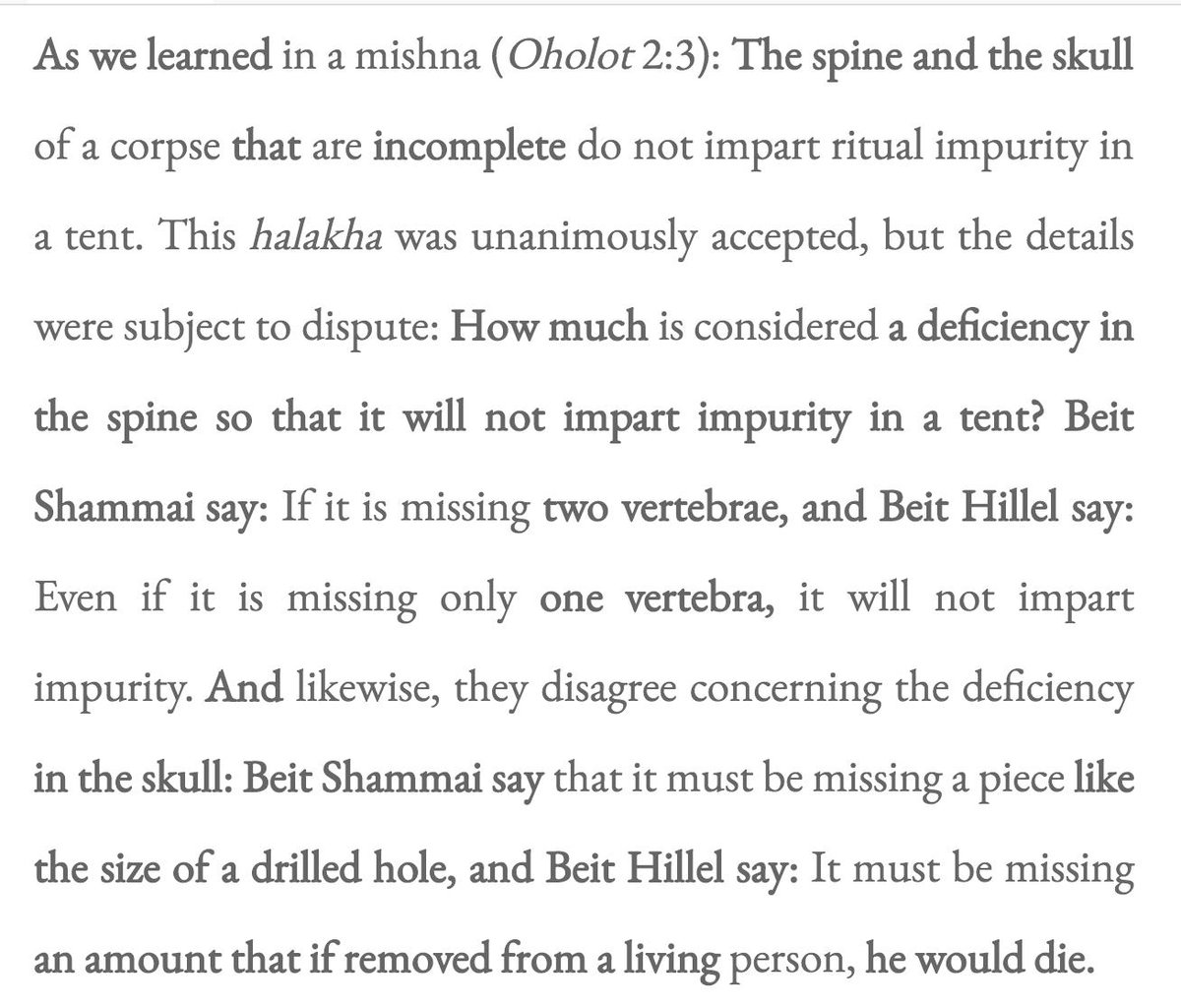...
If traditional femininity--in its submissive, Angel in the House incarnation--isn't coercive, if it's not *required* to be a Good Woman, if it isn't Better Than, does it still have value? Who's a Good Woman?
One of the biggest challenges of feminism has been that it doesn't have a compelling alternative model for men.



